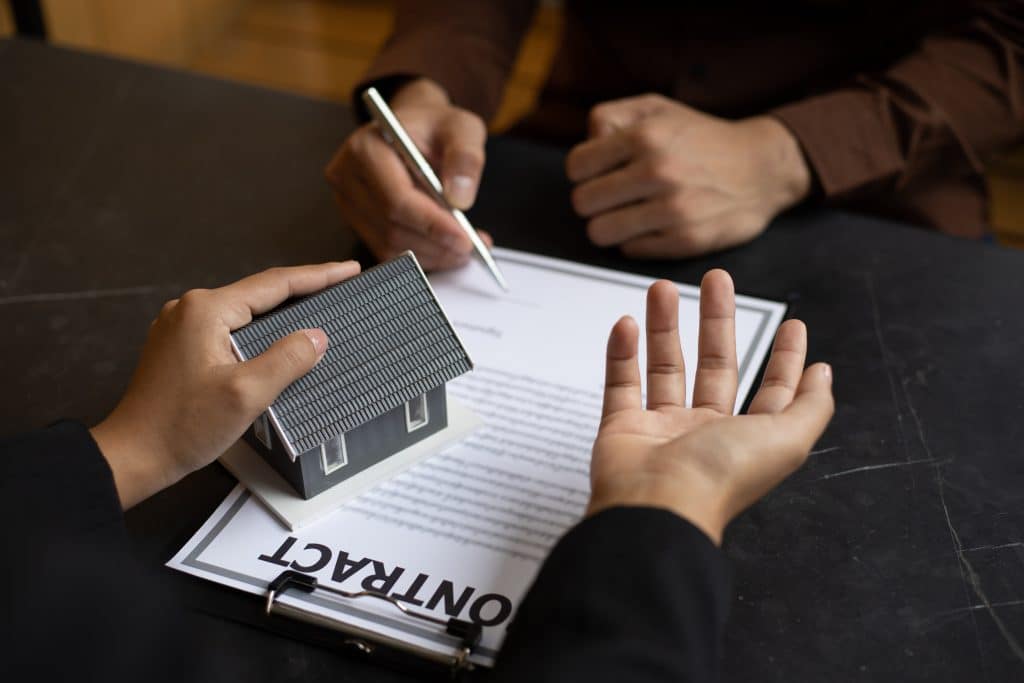How Divorce Settlements Are Decided in the UK
A divorce settlement isn’t one-size-fits-all. While many cases start with the idea of a 50/50 asset split, arrangements vary widely depending on individual situations. These examples of fair divorce settlement scenarios show how factors like marriage length, income, and childcare influence outcomes.
Do Divorce Settlements Always Split 50/50?
The typical starting point is a 50/50 split of matrimonial assets, but fairness—not strict equality—is the goal. Courts consider:
- Dependents’ needs and housing
- Marriage duration
- Each party’s financial and non-financial contributions
- Income, earning potential, and resources
Divorce Settlement Examples
Below are three hypothetical but realistic divorce settlement examples inspired by cases handled by Freeman Jones Solicitors. Each highlights how different factors, like income, marriage length, and children, can shape the outcome. See which one aligns with your circumstances, and why outcomes differ:
| Couple | Key Details | Likely Outcome |
|---|---|---|
| 1. Mark & Emily | Married 6 months, childless; equal earnings (~£65k); £40k savings | 50/50 split (clean break): £20k each; no future obligations. |
| 2. Jane & Louis | 18 yrs married; 3 kids; Jane earns £250k, Louis £35k (child‑carer) | Louis keeps home (until kids are grown), car, savings split equally, pension share and spousal maintenance. |
| 3. Cameron & Anita | 10 yrs; no children; Cameron earns £75k, Anita £29k; adultery by Cameron | Likely equal split of assets, including home equity—unless Anita can’t support herself. |
Why These Examples Matter
- They illustrate realistic outcomes based on common factors.
- They clarify that fair divorce settlements may look different across cases.
- They emphasise that legal guidance helps tailor agreements to circumstances.
Need to Navigate Your Own Divorce Settlement?
Every divorce is different, so while these examples offer helpful insight, your financial settlement will depend on your unique circumstances. Whether you’re aiming for a clean break, negotiating spousal support, or unsure how assets should be divided, expert legal advice can make a major difference.
At Freeman Jones Solicitors, we specialise in guiding individuals through divorce with clarity, compassion, and strength. From start to finish, our divorce solicitors help you secure a fair and legally sound divorce settlement.
Speak to a Divorce Expert Today
✅ Free 20-minute no-obligation consultation
✅ Honest advice tailored to your situation
✅ Offices across Chester, Liverpool, Warrington & Wrexham
✅ Specialists in complex and high-value settlements
📞 Call us: 01244 506 444
📩 Email: info@fjsolicitors.co.uk
Don’t guess what’s fair—let us help you protect your future.






